Birth of Calvin Coolidge
Future President John Calvin Coolidge Jr. was born on Independence Day, July 4, 1872. He would serve as America’s 30th president, taking the office upon the unexpected death of President Warren Harding.
On July 5, 1950, US forces had their first fight of the Korean War at the Battle of Osan.

Future President John Calvin Coolidge Jr. was born on Independence Day, July 4, 1872. He would serve as America’s 30th president, taking the office upon the unexpected death of President Warren Harding.
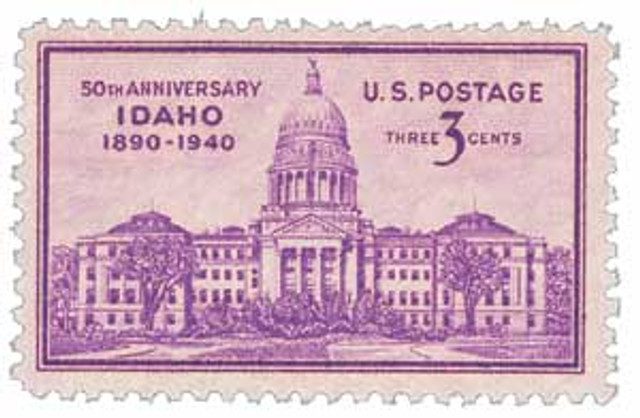
On July 3, 1890, Idaho was admitted as America’s 43rd state. This occurred 27 years after its creation as a territory.
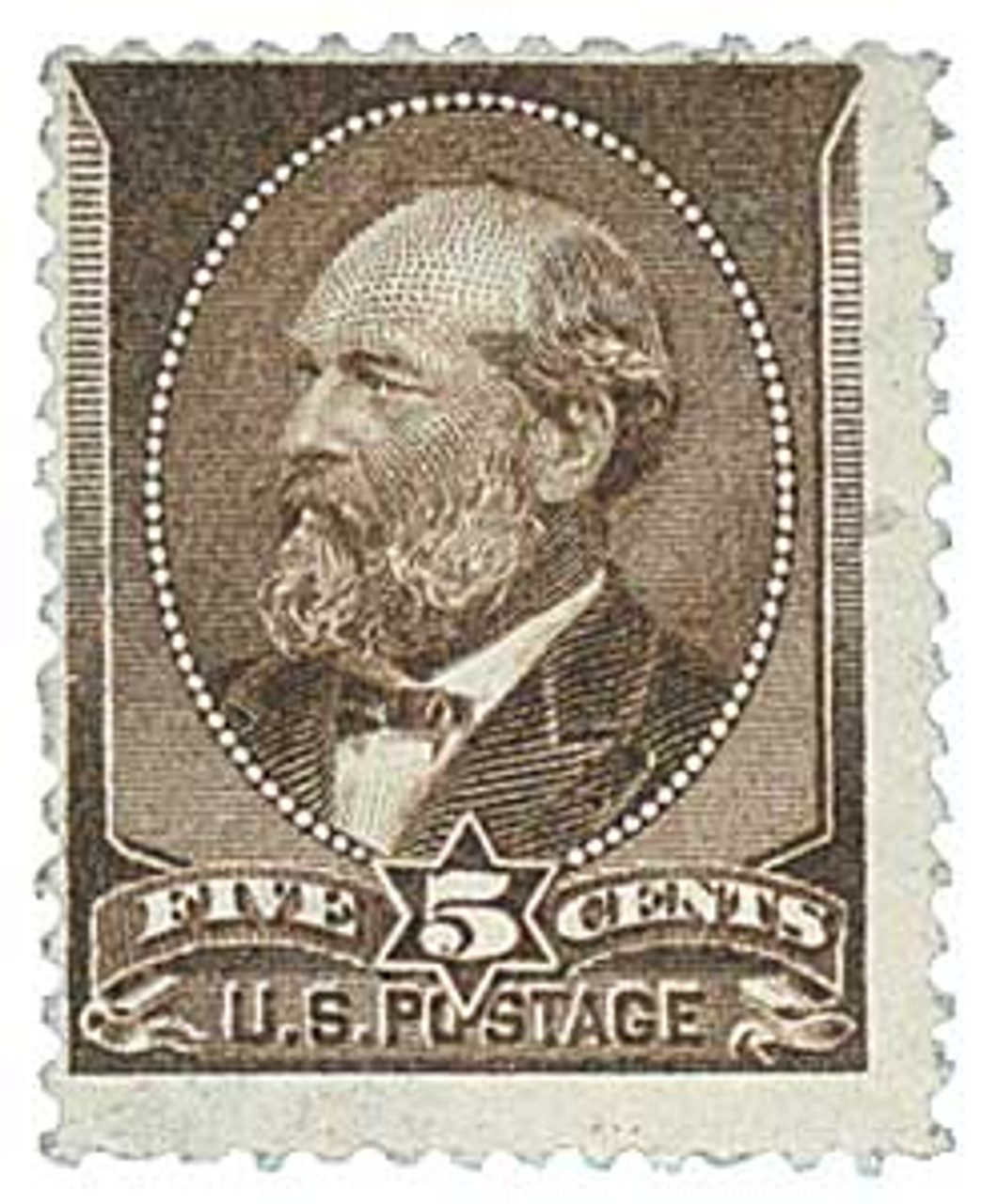
On July 2, 1881, an assassin shot President James Garfield just four months into his presidency. Dying two months later, his was the second shortest presidency in US history.
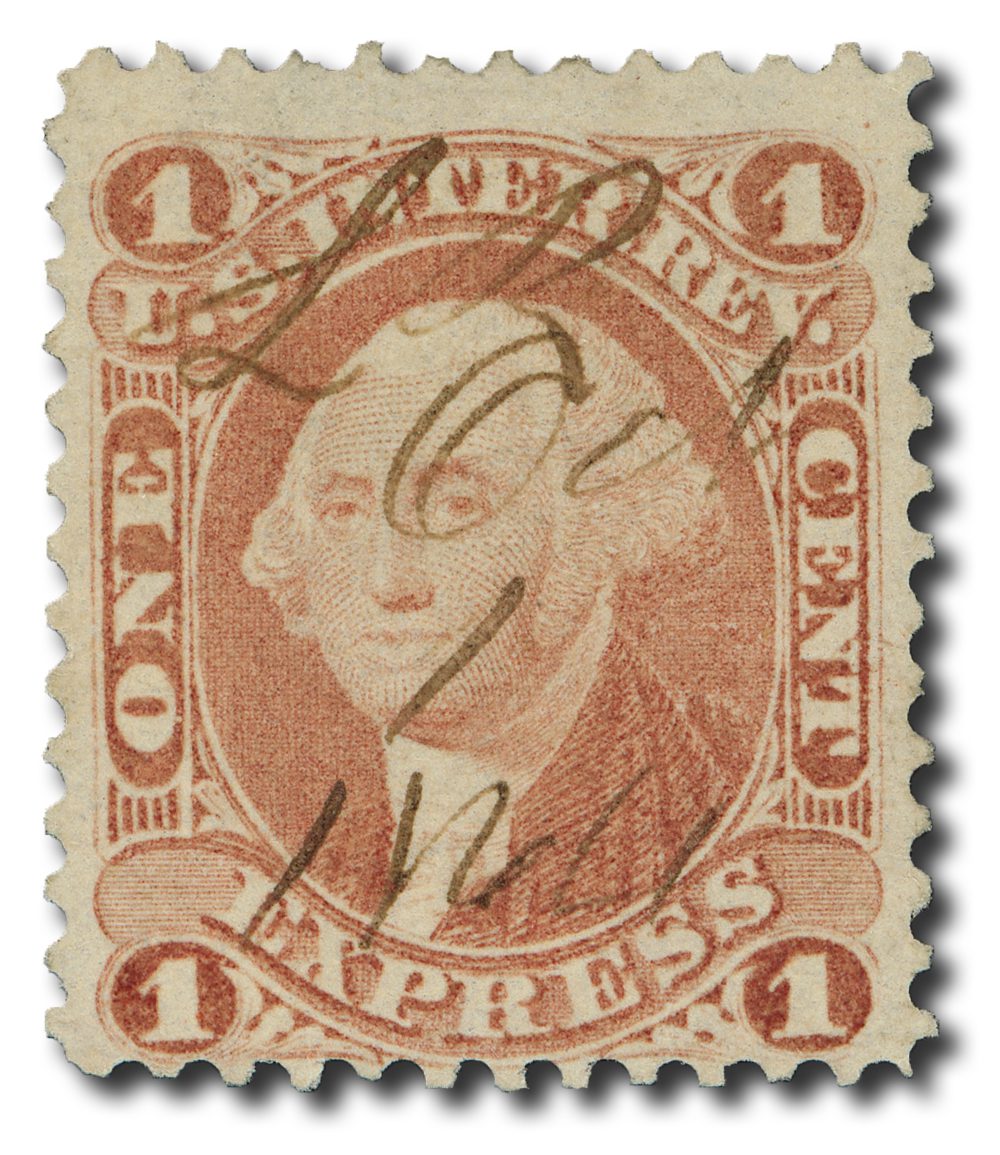
On July 1, 1862, President Abraham Lincoln signed the Revenue Act of 1862 into law, to help fund the Civil War. Revenue stamps remained in use off an on for a century, paying the tax on a wide variety of items.
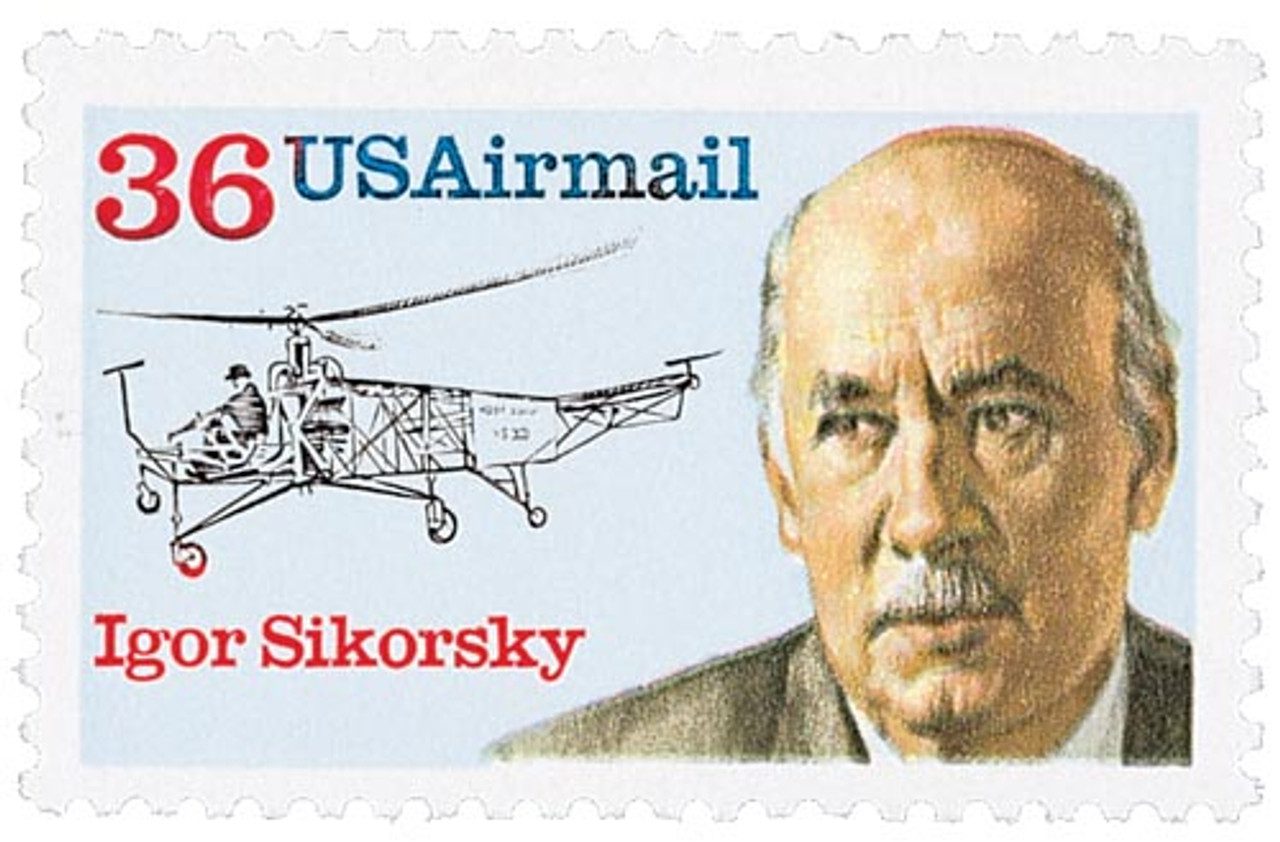
On May 24, 1940, Igor Sikorsky successfully flew the first single-rotor helicopter. Sikorsky developed the world’s first mass-produced helicopter and one of the first American helicopters used in World War II.

President Harry S. Truman was born in Lamar, Missouri on May 8, 1884. America’s 33rd president, he led America through the final months of WWII and the early years of the Cold War.

On February 20, 1962, John Glenn became the first American to orbit the Earth aboard his Friendship 7 capsule.

On February 13, 1951, the Battle of Chipyong-ni, sometimes called the “high-water mark” of the Chinese fighting in Korea, began. The American victory boosted morale, who had previously seen the Chinese as unbeatable.

Showman Phineas Taylor “P.T.” Barnum was born on July 5, 1810, in Bethel, Connecticut. Barnum became known as the “Shakespeare of Advertising” because of his many innovative ideas for the time.
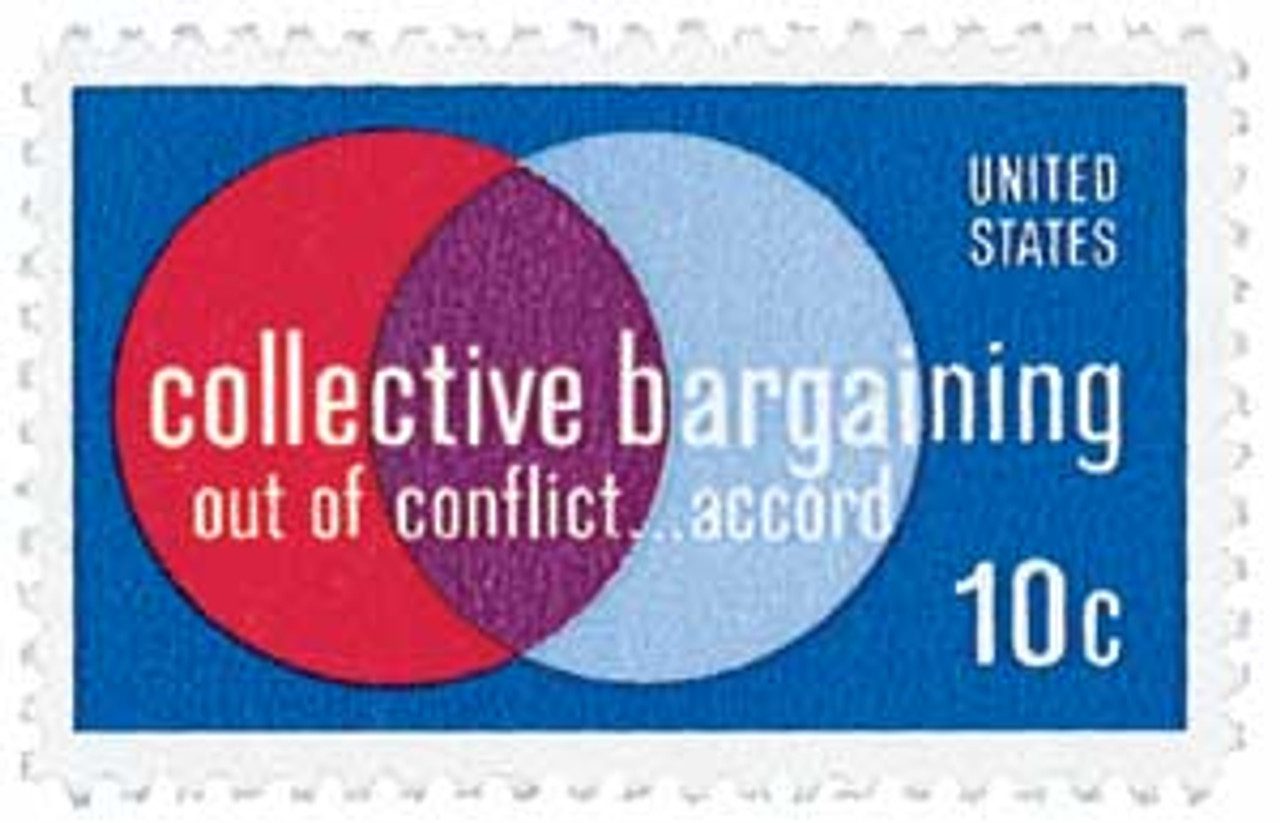
On July 5, 1935, Franklin D. Roosevelt signed the National Labor Relations Act of 1935 into law. The basis of modern US labor law, it guarantees private sector employees the right to organize in trade unions, bargain collectively, and strike.
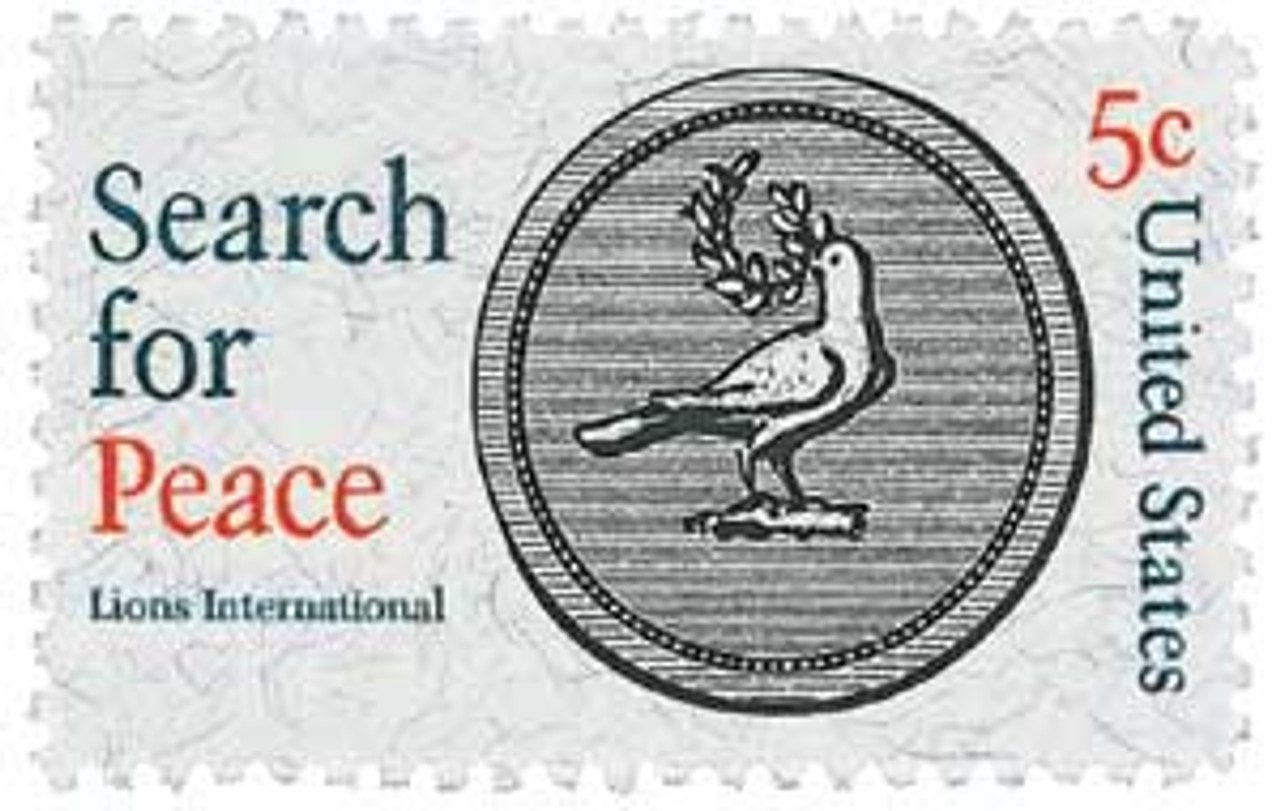
On July 5, 1967, the US Post Office issued a 5¢ stamp honoring the 50th anniversary of Lions International as well as a special contest hosted by the organization.
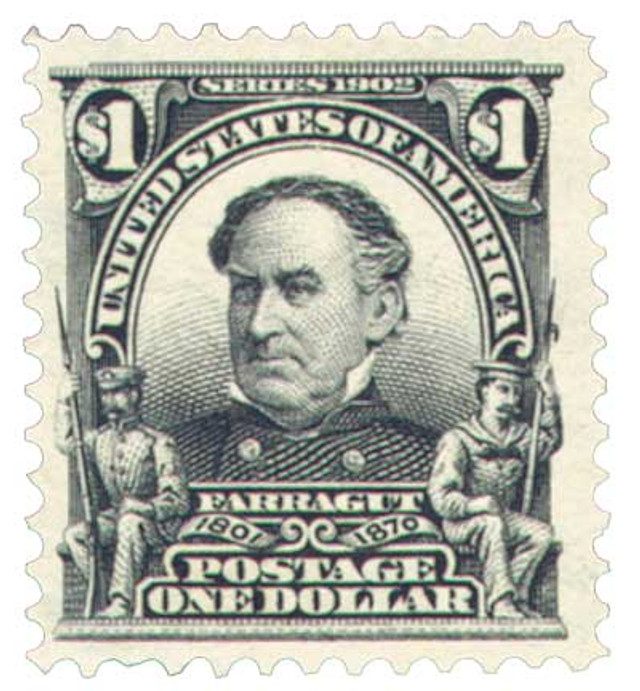
David Glasgow Farragut was born in Campbell’s Station (now Farragut), Tennessee, on July 5, 1801. A Civil War naval commander, the rank of admiral was created specifically for him.
Love history?
Subscribe to get This Day in History stories straight to your inbox every day!